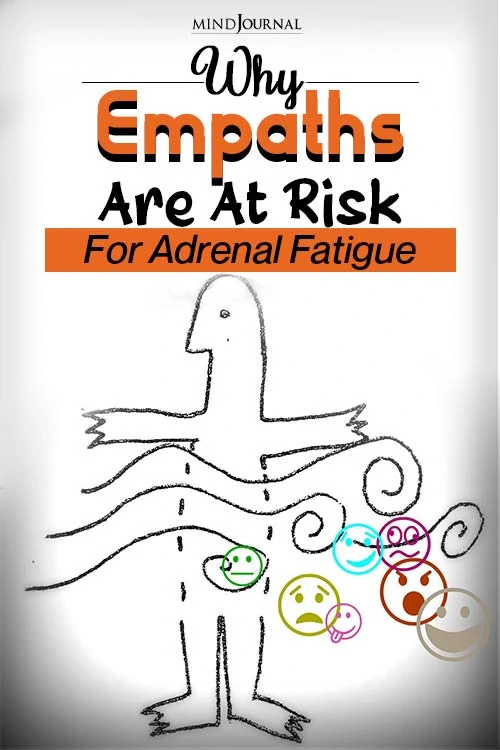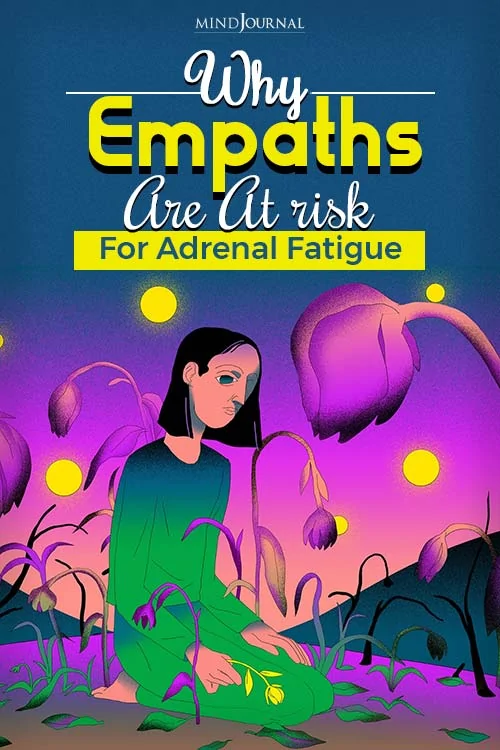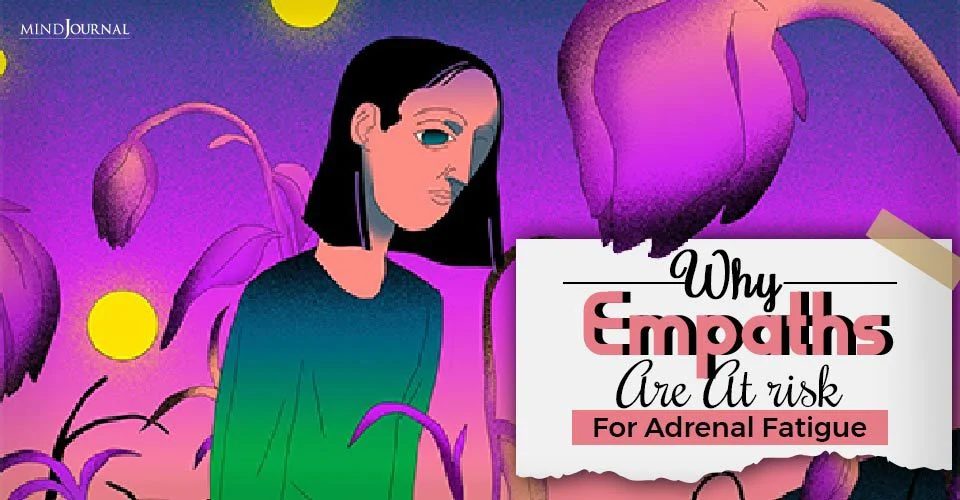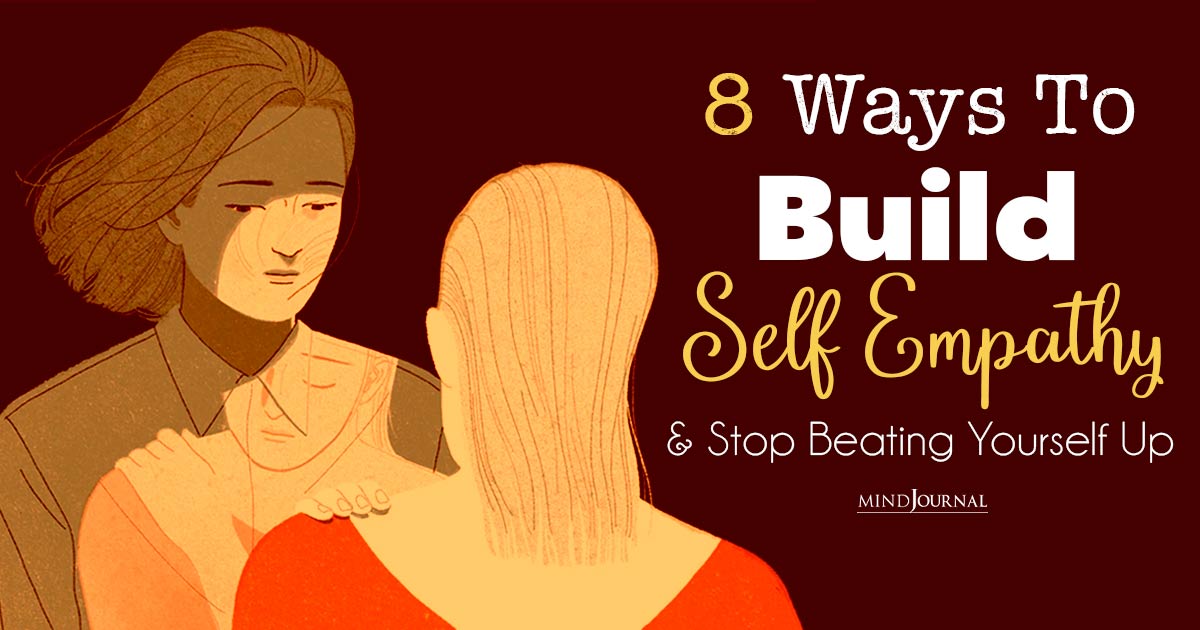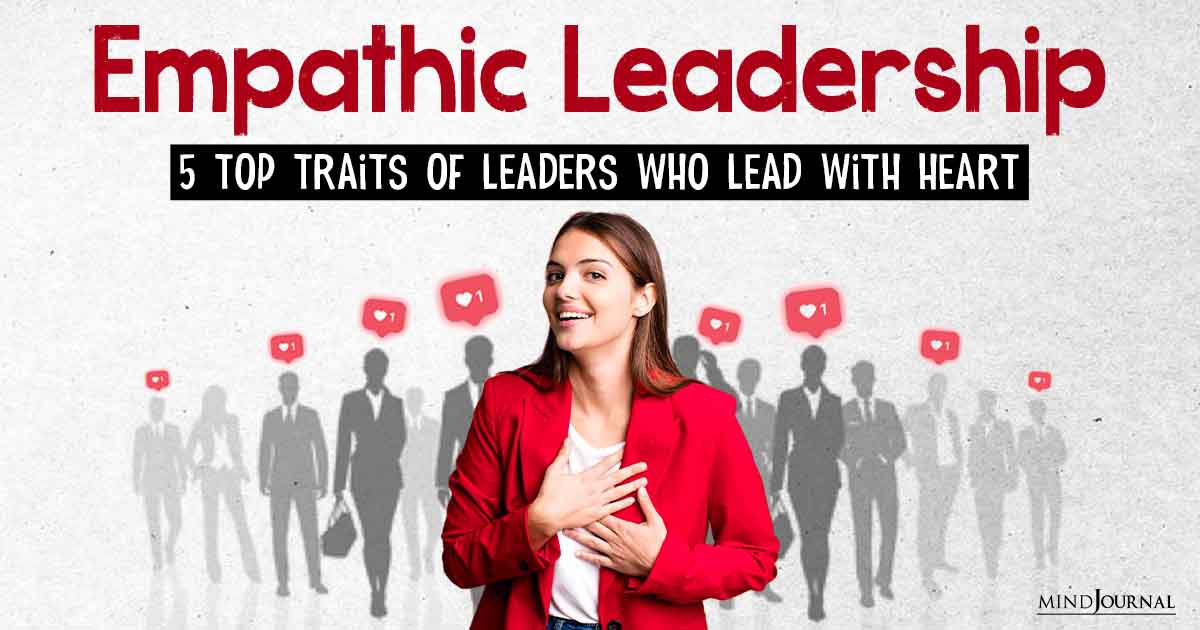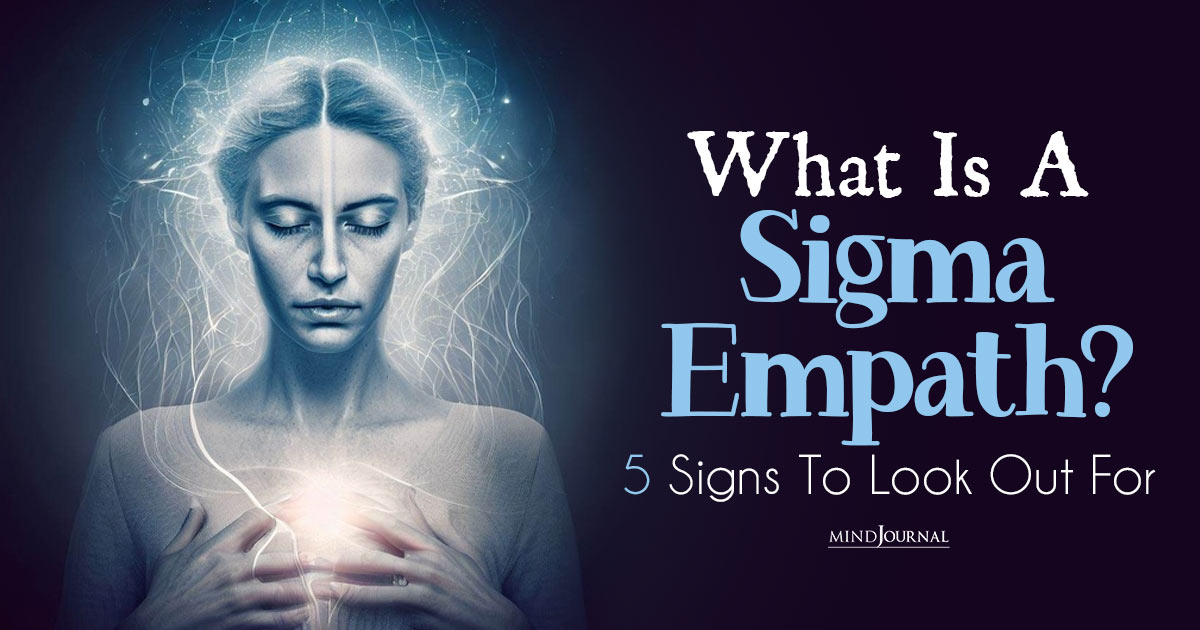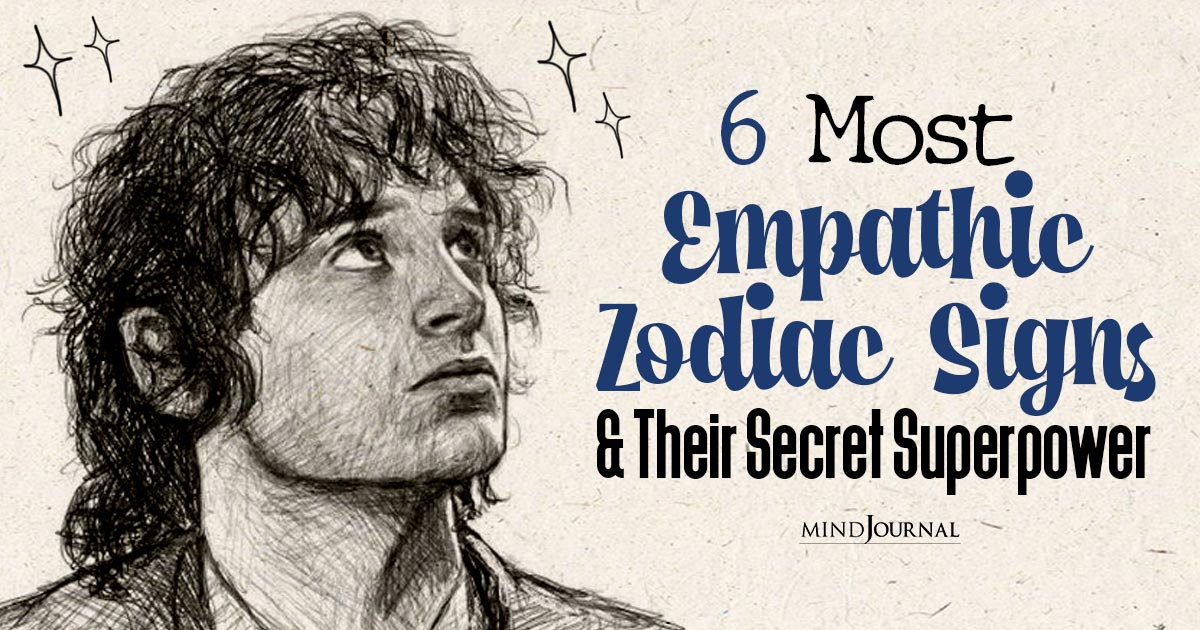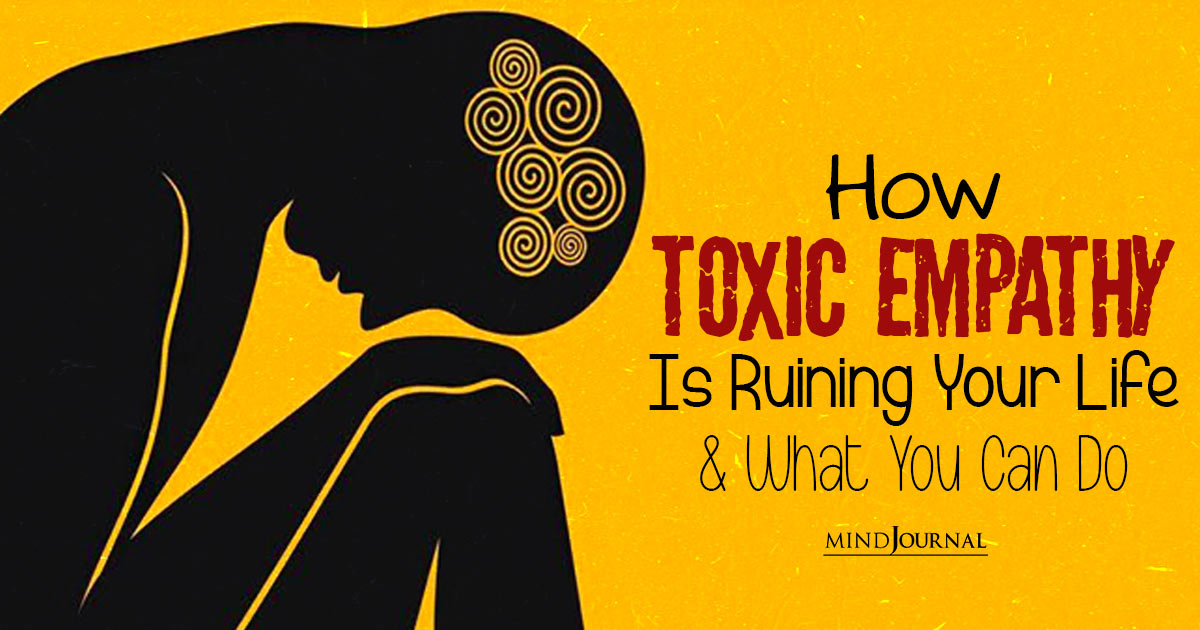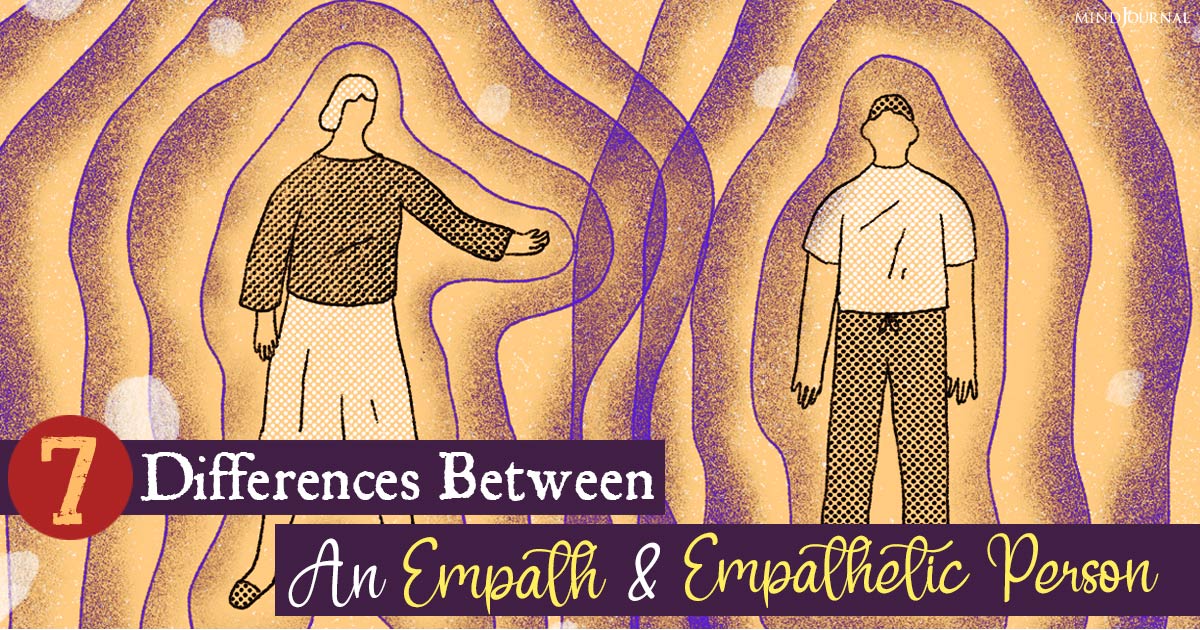Being an empath can be both a blessing and a curse. Empaths are highly sensitive to others’ emotions and energies and can easily absorb them from others. Due to this emotional exhaustion and sensory overload, they are often at risk for adrenal fatigue also known as compassion fatigue or empath fatigue.
As a psychiatrist, I treat many empath patients who come in exhausted with a syndrome known as adrenal fatigue. This is a collection of symptoms such as exhaustion, body aches, anxiety, trouble thinking clearly, and insomnia. In this condition, the theory is that the adrenal glands can’t keep up with outside stress so the hormones such as cortisol that normally keep you energized begin to get depleted.
In my books, “The Empath’s Survival Guide” and “The Power of Surrender,” I discuss the very real situation of empathic illnesses where empaths literally take on the stress\ and symptoms of others. Unfortunately, conventional medicine doesn’t have a context with which to understand this and many empaths are left in the lurch or misdiagnosed.
Why being an empath leads to adrenal fatigue
Because empaths can be emotional sponges and take on the literal symptoms of others, it adds to their stress levels and leaves them more vulnerable to adrenal fatigue. To learn more about Empathic Illnesses including strategies to stop absorbing other people’s toxic energy read the chapter “Harmonizing with Illness & Pain” in my book.
Here are some solutions for empaths to treat adrenal fatigue that can turn your symptoms around and restore your energy. But remember, for empaths, this isn’t a one-time fix—it requires some basic lifestyle and diet changes so that you can effectively manage your energy over the long term.
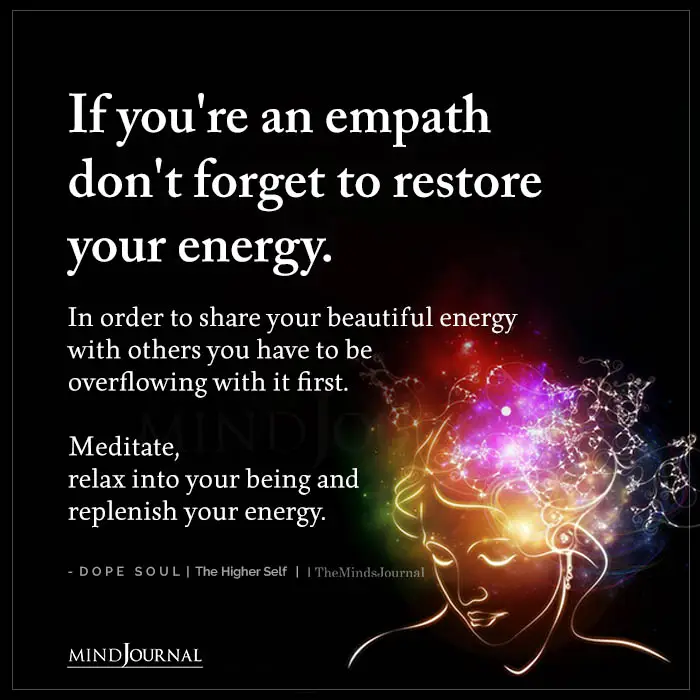
Read: 10 Warning Signs You’re Mentally and Emotionally Exhausted
Strategies To Relieve Adrenal Fatigue
- Get a blood test to measure your cortisol levels.
- Consider temporary natural cortisol replacement per your physician’s recommendation.
- Get as much rest as you can on a regular basis (sleep is very healing and restorative!).
- Eliminate the energy vampires in your life or at least set clear limits and boundaries with them so they don’t chronically sap you.
- Eat a natural whole food diet and avoid junk food
- Add Himalayan Red Salt to your diet and get rid of low quality salts (always check with your physician if your blood pressure is high).
- Avoid white flour and other toxic grains
- Minimize your sugar intake
- Gentle exercise and stretching—gradually build up stamina and challenge yourself as your energy increases
- Meditate: Use the three minute surrender to your heart meditation in The Power of Surrender to take mini breaks throughout your busy day to replenish yourself
- Take 2,000-5000 mg Vitamins C orally every day
- Consider IV Vitamin C drips (10-25,000mg) delivered intravenously that can jump start your energy level and support adrenal health (holistic physicians
- often offer this treatment in their offices). I get one whenever I feel like I’m coming down with a cold to build up my immune system—and it works!
In addition to these practical tips, get in the habit of practicing positive thinking. By this I mean, do not beat yourself up with negative thoughts such as “I will never feel better” or “I am weak and sick.” Rather focus on the surrender affirmations I present at the end of every chapter in the book such as “I am healthy, happy, and deserve to have vibrant well-being.”
Read: 8 Effective Ways You Can Cultivate Positive Thinking
You might not have control over some stresses in your life but you can have control of your attitude. To relieve adrenal fatigue, you can remove a great deal of inner stress by surrendering patterns of self-loathing and embracing self-compassion and self-love!
Adapted from Dr. Judith Orloff’s book “The Empath’s Survival Guide: Life Strategies for Sensitive People” (Sounds True, 2017)
Written By: Judith Orloff, M.D.
Originally Appeared On: Dr. Judith Orloff
